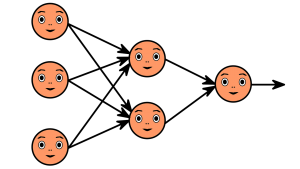
A recent study conducted at Rensselaer Polytechnic Institute has found that a classification system based on co-occurring conditions could provide valuable insights into autism spectrum disorder (ASD). The study analyzed administrative claims data for children with and without ASD and identified three subgroups within the cohort of 3,278 children with autism. The first group had high rates of co-occurring condition diagnoses, the second had high rates of developmental delays, and the third had the lowest rates of co-occurring condition diagnoses.
The findings of the study lay the groundwork for creating a sub-classification system within ASD and suggest that certain conditions like gastrointestinal and immune disorders often co-occur in children with autism. The study also found that gastrointestinal symptoms are twice as common in children with autism compared to those without. The research team at Rensselaer seeks to provide new insights into complex disorders and diseases such as autism, Alzheimer’s, and Parkinson’s.
The study’s findings on co-occurring conditions in children with autism could potentially serve as a blueprint for understanding different subtypes of autism. However, it is important to note that this is not the only way to categorize the disorder. By mapping the timelines of co-occurring conditions diagnosed in children with autism, the study can help doctors determine the appropriate age to start screening for these conditions. Furthermore, the research raises questions about the underlying causes of the divergences in diagnosis rates between children with autism and those without.
